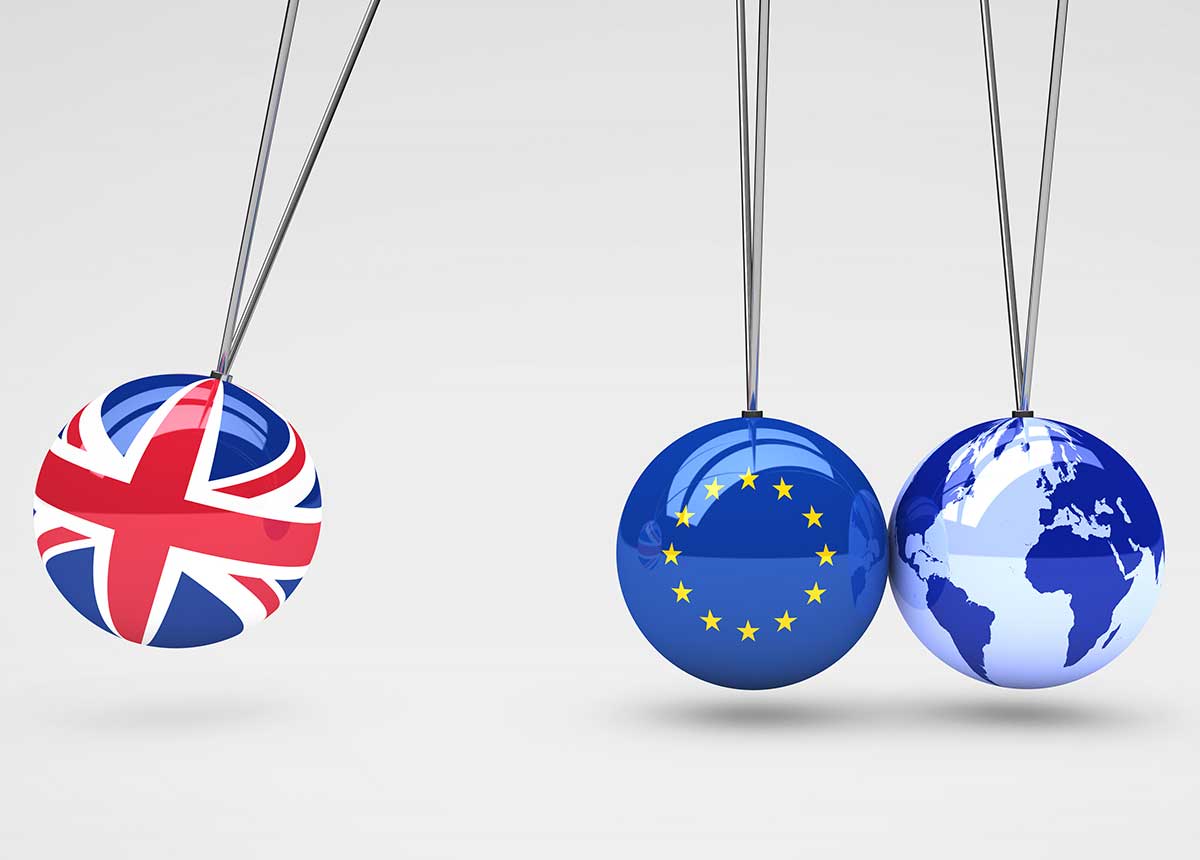Now that we are three months into a post Brexit world, we continue to get many questions and have identified a number of common issues:
Incoterms
In many cases, suppliers may not be aware of, or correctly identify, their contractual delivery terms (Incoterms). It is key for suppliers to identify whether goods are Delivered Duty Paid (“DDP”) or Delivered at Place (“DAP”). DDP means that suppliers are the importer of record and are responsible for any VAT and duty implications. The supplier may be able to reclaim the import VAT but will have an obligation to register for local VAT and charge local VAT on sales to domestic customers. It should be noted that in the UK, there is no VAT registration threshold for overseas businesses selling into the UK.
DAP means that the customer is the importer of record and so will pay any VAT and duty and the supplier has no obligations in the country of import.
There are special rules for B2C sales and sales via online marketplaces.
Supply Chain
The EU triangulation simplification no longer works for a UK business as we are not in the EU. This means that businesses involved in drop shipments will have to register for VAT in at least one EU country to meet their VAT obligations there. Some EU countries require a fiscal representative to be appointed.
Businesses are exporting goods to the EU without an EU EORI number. Importers into the EU will need at least one EU EORI number. A GB EORI is needed for all importers into the UK.
Some businesses are importing goods into the UK and paying import VAT on entry. The new postponed import VAT scheme (“PVA”) allows businesses to account for import VAT on their UK VAT returns. This gives a cash flow advantage as import VAT is paid and deducted on the same VAT return (subject to the normal rules). To use PVA, you need to tell your Customs agent and they must tick a box on the Customs Declaration.
Northern Ireland
Trading with Northern Ireland is particularly complex due to its dual VAT status. Specialist advice is needed.
Temporary movements of goods
Returned goods, temporary movements of goods for processing etc give rise to particular issues post Brexit. There are a number of VAT and duty reliefs which may apply to these cases and specialist advice should be taken.
Customs/Freight agents
Businesses are experiencing increased Customs agent fees to deal with the extra administrative measures. This is understandable. However, we have come across a number of examples of agents who are advising businesses that they need a duty deferment account when in fact duty isn’t payable as the goods are of EU origin. Goods of non EU origin may incur duty, so it is worth checking this point.
The Transition period
Where goods have been delivered to the UK from the EU in 2020 but are not invoiced until 2021, acquisition tax will still apply and should be declared on your VAT return. If the invoice has been raised (or paid) in 2020 but goods are not delivered until 2021, then acquisition tax will need to be accounted for on the invoice and import VAT will be due when the goods arrive in the UK.
Claiming VAT incurred within the EU
Businesses who have incurred VAT in an EU country (typically on land related transactions) are finding that the process of claiming that VAT back is much lengthier than previously. The portal through which businesses were previously able to claim these refunds is no longer open to the UK, so a claim involves applying directly to individual countries’ tax authorities on a variety of different forms that are sometimes hard to find.
EU One Stop Shop (OSS)
The Mini One Stop Shop for the supplies of electronic services is no longer available for UK businesses meaning that these businesses will have to have at least one VAT registration in the EU to access the service. There is generally no minimum threshold so any supplies in the EU will trigger a requirement to register.
Additionally, the EU is extending the scope of the OSS. From 1 July 2021 businesses who sell goods to consumers in the EU will only need to maintain one VAT registration in the EU and account for VAT across the EU through the newly extended EU OSS. The EU is to publish guidance on this new scheme shortly and we will report on it when they do.
We are well equipped to help you in this area; our international network of firms can assist with any overseas VAT/duty obligations. If you require any further guidance or assistance, please don’t hesitate to contact Jane Stacey or Naomi Quant.






 7 mins
7 mins 
